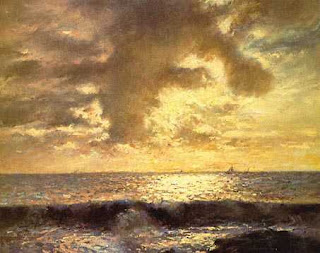“Lay down,
Your sweet and weary head.
Night is falling.
You have come to journey’s end.”
If one were to listen no further into the song after this, or if this were the only verse that they heard, it could, and probably would, be interpreted literally. It sounds like someone encouraging a beloved one to get a good night’s sleep after a long, arduous, and dangerous trip.
The use of “Lay down” in the first refrain instead of “Lie down” is the first signal that this verse is not what it seems. “Lay” and “lie” are often mixed up and confused in everyday communication, and the difference between the two is easily overlooked in favor for attention to every word after that … which also happens to be the entire rest of the song.
To lie down is to be at rest, that is, with the expectation to rise again. But laying down is to set down, to place down, like an object that cannot move by itself; once that something is in place, it cannot move at will at all.
“Lay down, Your sweet and weary head.” is acknowledgement that “You” is not going to move be able to it again.
“Night is falling.”
“Night” is describing the ending of life, the darkness of night being compared to the blackness that envelopes one at death. As night is the opposite turn side of day, so death is the turn side of life. “Night falling,” or “nightfall“, is the ending of the day and the arrival of night, so death is the end of life.
“You have come to journey’s end.” Life is a Journey. It’s cliché. But that is what I interpret this line as: You have come to the end of (your) life. If the person who is dying is indeed a soldier as I imagine (see March 15 post), then they probably had been on a literal journey and are far away from home. Whoever is comforting them in their last minutes of life are probable trying to calm them, keep them from panicking, to make death as painless for them as possible.
























